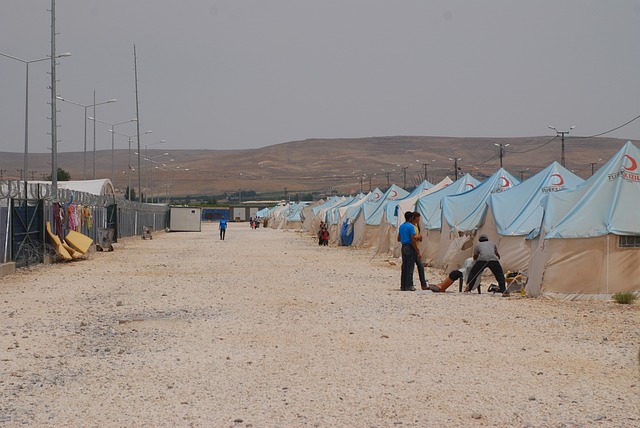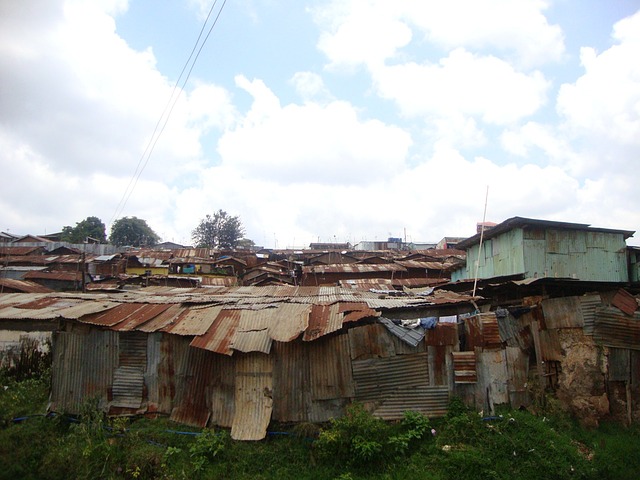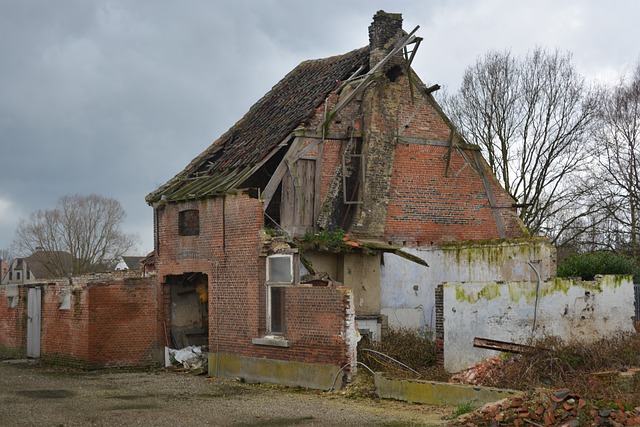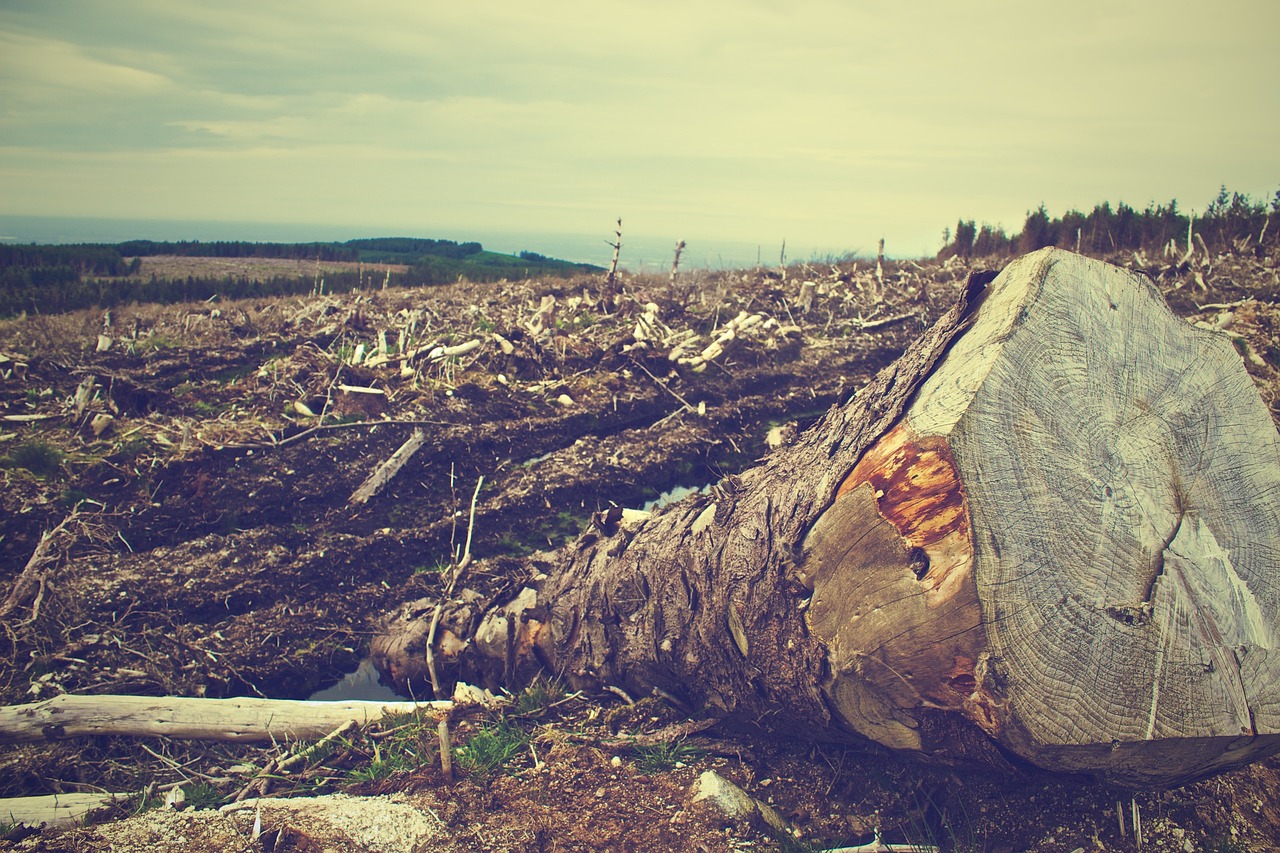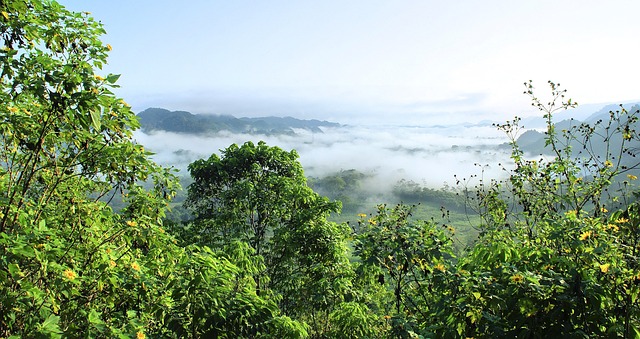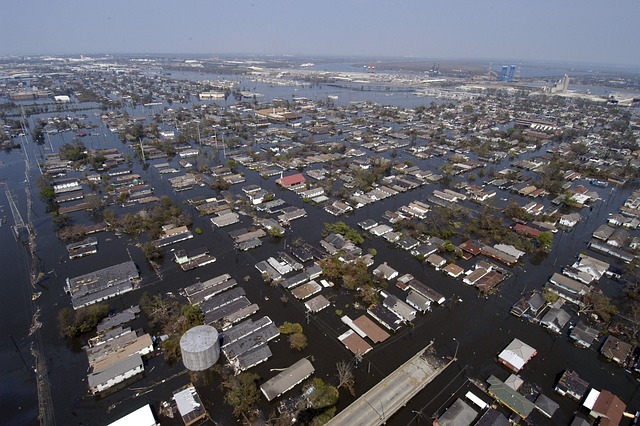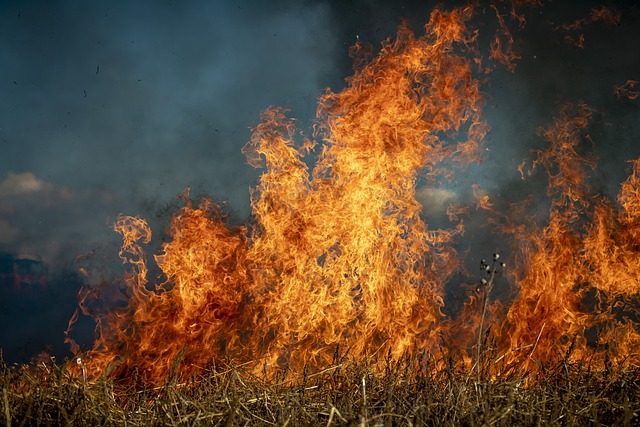Environmental migration
In 2005, the United Nations claimed that by 2010 there would be 50 million ‘climate refugees’. This claim has been a mainstay of the argument for global climate change policy, and is based on the belief that climate change will compound the ‘effects of poverty and war’. However, by the mid 2010s, this estimate of people’s… Read More »Environmental migration
